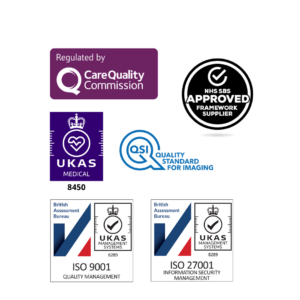Please follow the arrival instructions as set out in your appointment confirmation letter and bring the completed health questionnaire you will have been sent.
Please note that you may not need to wear a gown, although you will be asked to remove any items that might contain metal (eg a bra or a belt).
The radiographer or imaging assistant will explain the procedure and give you the opportunity, to ask any questions before you consent to proceed with the examination. You must understand what is involved and be satisfied that you have received enough information about the investigation before you consent to the examination. For more information about informed consent please visit: www.nhs.uk/conditions/consent-to-treatment.
You will be weighed, and your height measured.
The radiographer will ask you to lie on the scanner couch and will move you into the correct position. If you are having your hip scanned, they will rotate your leg inwards, for a scan of the lower spine, your legs will be supported with a pad. It is usual to scan your left hip and lower spine, however, if you have had surgery in this area, other parts of the body may be scanned instead, such as your forearm.
The DEXA scanner machine will slowly pass over your body. Two scans may be taken, and you will be asked to remain very still so the images are not blurred.
 OUR SERVICES
OUR SERVICES



